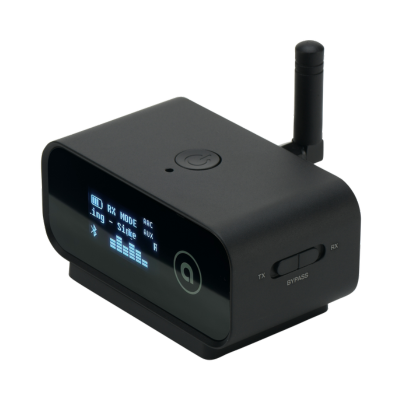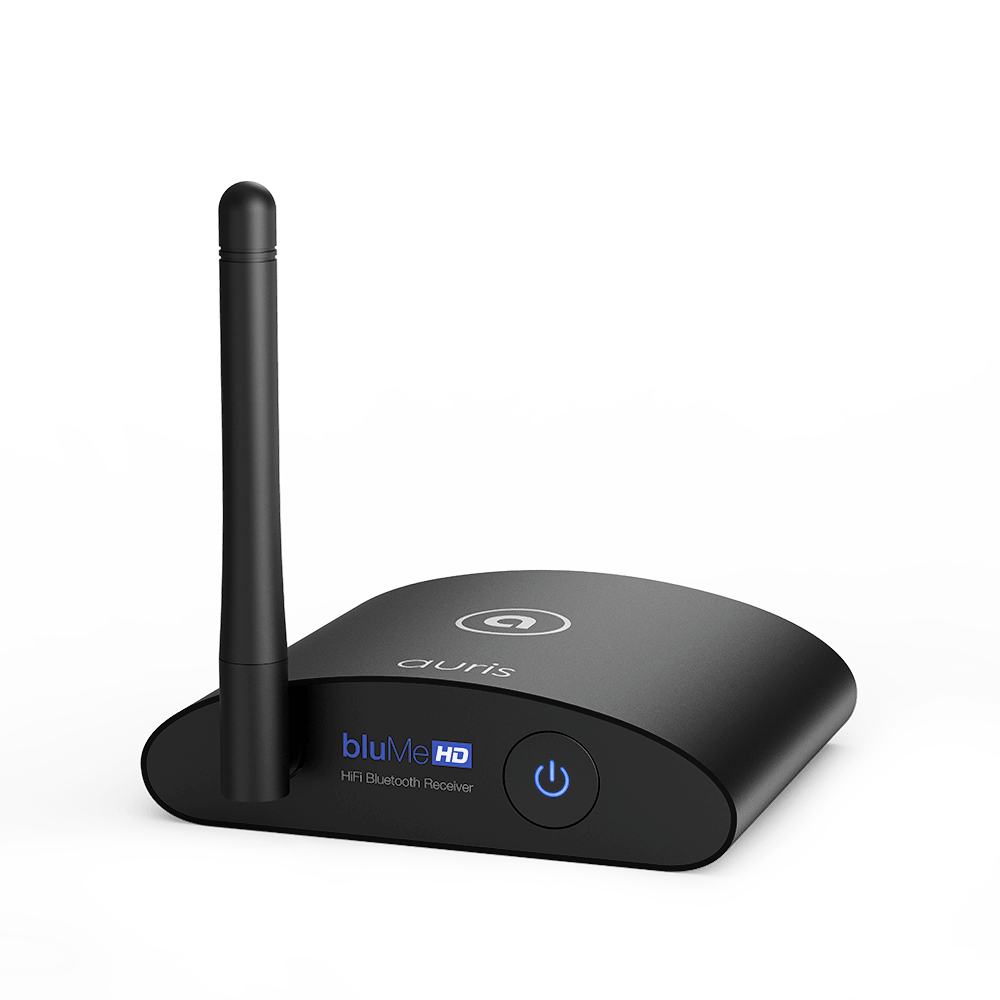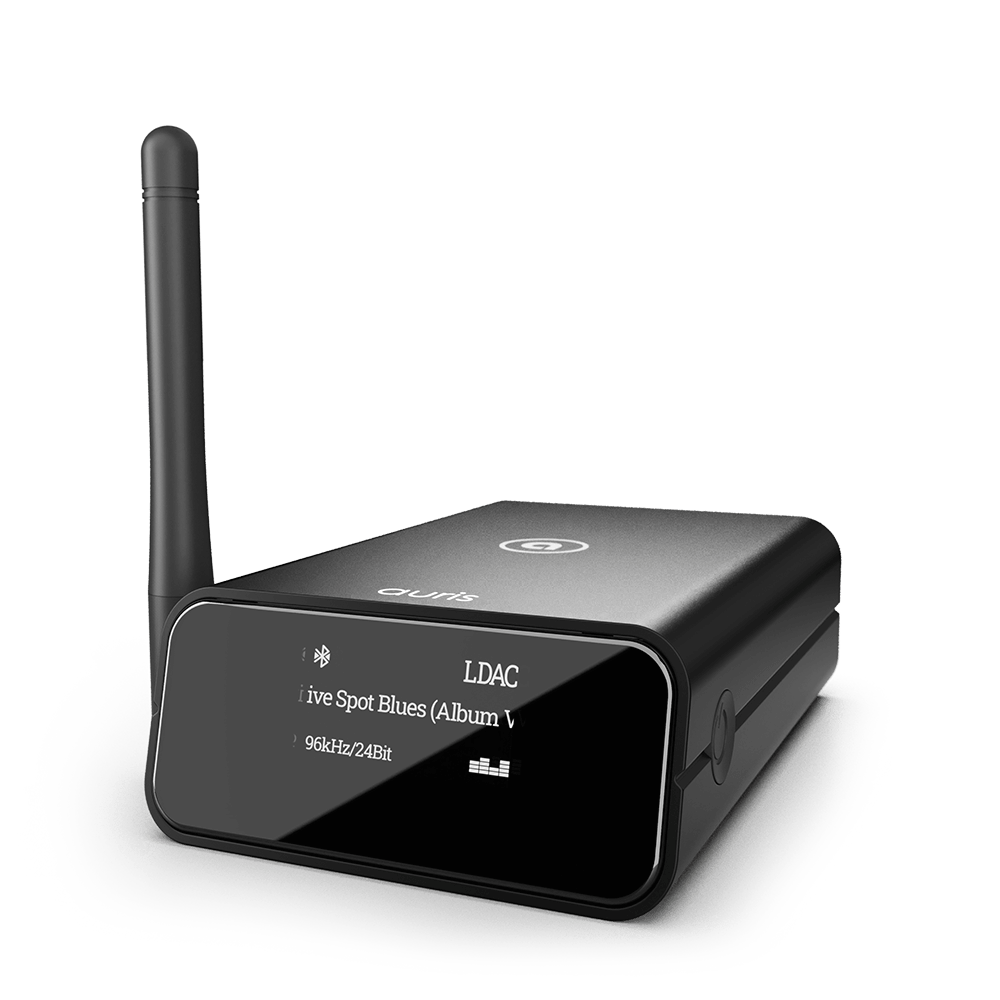
The move from wired technology to wireless technology occurred fairly quickly, with Bluetooth only being invented at the turn of the 21st century. But even in just over 20 years, wireless technology has firmly planted itself into our daily lives.
But this doesn’t mean that those wired stereo systems are obsolete. In fact, self-proclaimed audiophiles believe that auxiliary sound is of much higher quality than sound transmitted over wireless speakers or headphones.
So what’s the truth? Which truly has better sound quality: Bluetooth or aux? And which one is more convenient to our normal, everyday life?
What’s the Difference Between Bluetooth and Aux?
The most glaring disparity between these two is the fact that Bluetooth can work wirelessly while auxiliary requires a cable connection according to VSS Monitoring. Aux cables are commonly associated with the 3.5mm headphone jack that you might recognize from older iPhones. It’s one of the most common cables used for streaming sound.
Bluetooth uses wireless connectivity for phones, computers, and other peripherals. It operates over radio frequencies and doesn’t need wires or wi-fi to work. While it’s not as universal as auxiliary jacks, it is becoming increasingly common.
Both of these are the most popular ways of streaming sound despite Bluetooth’s fairly new inception. But each of these has small differences that set them apart. So which one is better?
Sound Quality: Bluetooth vs Aux
There is really nothing better than slipping on a pair of headphones and listening to your favorite playlists or turning on the stereo to hear some hi-fi sounds during a dinner party. But in order to get the best sound, what type of set-up is best?
In general, auxiliary sound is more capable of producing a higher quality noise when compared to Bluetooth. This results in something called a loss of fidelity, which references how well a copy reproduces its source.
While this diminishing quality usually isn’t noticeable to most people, audiophiles may take notice right away. People who are enthusiastic about sound quality often prefer listening to music on auxiliary devices, as these are analog from end to end. It maintains a high fidelity, meaning that the quality is very similar to the originally recorded audio.
Another factor to keep in mind is audio syncing. Since Bluetooth requires an extensive amount of data translation to work, there is normally a delay in data transmission from one device to another. While this might not be noticeable when playing music, you may become frustrated by a character’s lips being out of sync during a movie or TV show. Aux is a nearly instantaneous signal that does not suffer from this problem.
To cut down on delay, make sure your Bluetooth device uses low latency audio coding, which means that the audio/visual experience will feel extremely smooth.
Finally, it’s worth noting that since aux requires a physical cable, they will wear down over time. If the cable becomes torn or ripped through daily use, it might have an impact on the sound quality. Since Bluetooth requires no cables, you’ll never need to worry about audio quality diminishing because of many uses.
In short, aux cables are better at providing a superior sound quality when compared to Bluetooth. However, it’s probably not very noticeable unless you are an audiophile yourself.
Convenience: Bluetooth vs Aux
This is a tough category to declare a winner, as there are a few things that are convenient and inconvenient about each of these audio signals.
Arguably, it’s much easier to pair devices with a wired cable as opposed to wireless. All you need to do is plug two devices together using a cord, and they’re instantly ready to go. With Bluetooth, it requires a pairing process that can be frustrating and slower than clicking in a cable.
With that said, the cord limits your range of motion based on the length of the cable itself. This means that you can’t take your phone out of the room if you have it hooked up to an aux speaker. Bluetooth, on the other hand, has a range of about 800 feet, meaning that you can have a much larger range of motion to control your devices.
Furthermore, Bluetooth devices can connect themselves to multiple sources at one time. With an iPhone, you can connect about three or four wireless peripherals to itself at one time. Aux is limited to just one connection.
Based on this, it’s safe to say that Bluetooth is a little bit more convenient than aux, primarily due to freedom of movement and multiple synchronous connections.
Compatibility: Bluetooth vs Aux
Since Bluetooth is fairly new, auxiliary cables remain a bit more accessible than wireless technology. You can usually still find aux inputs in most cars, speaker systems, phones, and laptops.
With that said, it does seem like tech is evolving towards alternative options. The newest versions of the iPhone do not have a headphone jack, and many cars are now opting for USB ports to allow phones to charge and play music at the same time.
Not to mention, aux cables can only relay audio information, which limits their versatility. Bluetooth can transmit other kinds of data besides just sound, making them useful for keyboards, computer mice, printers, and even lighting displays.
Because of the wireless revolution, some audiophiles are concerned that their favorite auxiliary stereos are going to become obsolete. You can work around this issue by using Bluetooth receivers, which connect to a wired speaker with a digital or analog output. This will make them fully compatible with Bluetooth devices, letting you stream Spotify or Apple Music with high fidelity sound.
Although aux cables may be more compatible with peripherals at this moment in time, it is very safe to assume that Bluetooth will become the primary mode of sound streaming extremely soon.
Other Factors To Consider
Besides all of this, another important thing to remember about Bluetooth is that since it is a wireless protocol, it can continually be updated with new features and versions. This allows it to keep introducing new ways of making life easier. Aux cables do not have this luxury.
There is also no way to turn a Bluetooth device into an aux device unless it happens to include a 3.5mm jack. However, you can make wired headphones Bluetooth compatible by using a Hi-fi amplifier. Not only do these give you the amazing benefits of Bluetooth on the wired headphones you love, but they can actually improve the sound quality of the headphones themselves.
Amplifiers like that allow you to make hands free calls and texts, which auxiliary cables are unable to do because of their inability to turn audio data into another form of information.
In Conclusion
Bluetooth and aux sound are two of the most common ways to listen to music. They both have immense benefits that make them distinct from one another.
As far as sound quality, wired aux systems are really unmatched. Although it may be difficult to discern a difference, Bluetooth falls just a bit short in this category.
Convenience is a huge factor when it comes to the products we use daily. Because of its ability to be untethered from a cable, Bluetooth is a bit more convenient for allowing us a free range of motion.
And finally, while aux devices are more compatible now compared to Bluetooth, it is very clear that we are quickly shifting into a wireless world. Because of that, Bluetooth is a more compatible option than auxiliary.
Regardless, the most important factor is what works best for you. And since there are ways that you can make your favorite wired devices Bluetooth adaptable, you’re able to have the best of both worlds!
Sources:
Jaap C. Haartsen | invent.org.
What is an Audiophile? The Nature of the Beast | Vinyl Vintage
High Fidelity Music Streaming: Can You Tell the Difference? | Berklee Online Take Note





